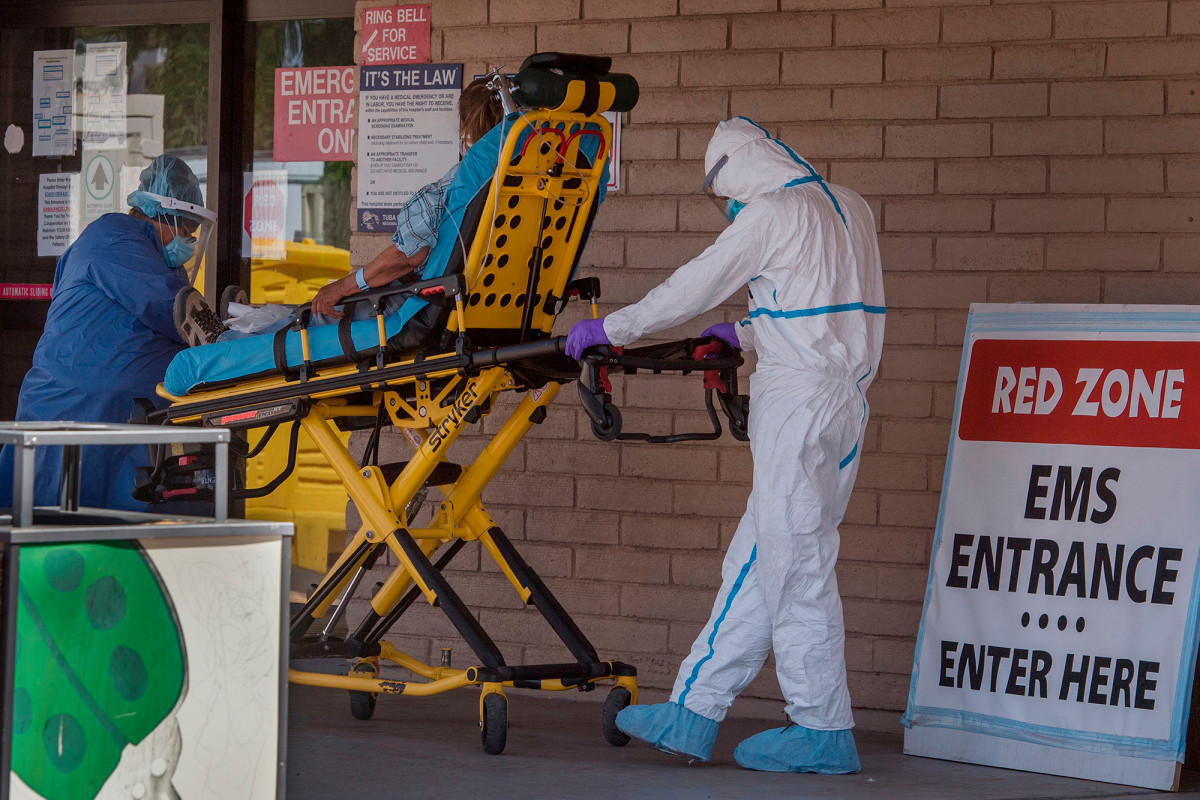The coronavirus may play a role in triggering the onset of Parkinson’s disease — even in those with no family history of the degenerative disease, according to a troubling new study.
Some side effects of COVID-19 — including blood clotting, inflammation, and a weakened nervous system — could make patients more vulnerable to the brain disorder, researchers from Van Andel Institute warned in the study, published in the journal Trends in Neurosciences.
“COVID-19 is clearly a major and ongoing public health threat, but the consequences of infection may end up being with us for years and decades to come,” Patrik Brudin, director of the Center for Neurodegenerative Science at the Institute, said in a press release describing the virus as a “perfect storm” for Parkinson’s disease.
Brudin and a team of scientists examined three case studies of patients who suffered from the coronavirus then developed Parkinson’s disease-like symptoms in the weeks after recovery. None of them had family histories of the nervous-system disorder, which can cause tremors, stiffness, and loss of balance.
Although the cases do not prove that COVID-19 infection causes Parkinson’s, the findings suggest a “troubling possible relationship” between the contagion and neurodegenerative disorders, in part because the virus causes blood clots and vascular system problems, including in the brain.
There may also be a link between brain inflammation caused by the coronavirus and an increase in alpha-synuclein, a protein associated with Parkinson’s.
In two of the cases, patients’ symptoms improved after they were treated with medications that replenish dopamine, and the third recovered spontaneously. In general, medication can treat symptoms of Parkinson’s, but often don’t slow or stop the disease’s progression.
“[The coronavirus] is considered a respiratory virus, however, its virulence and pathogenic potential particularly for neurological complications continues to surprise us,” said Avindra Nath, who co-authored the study.


















